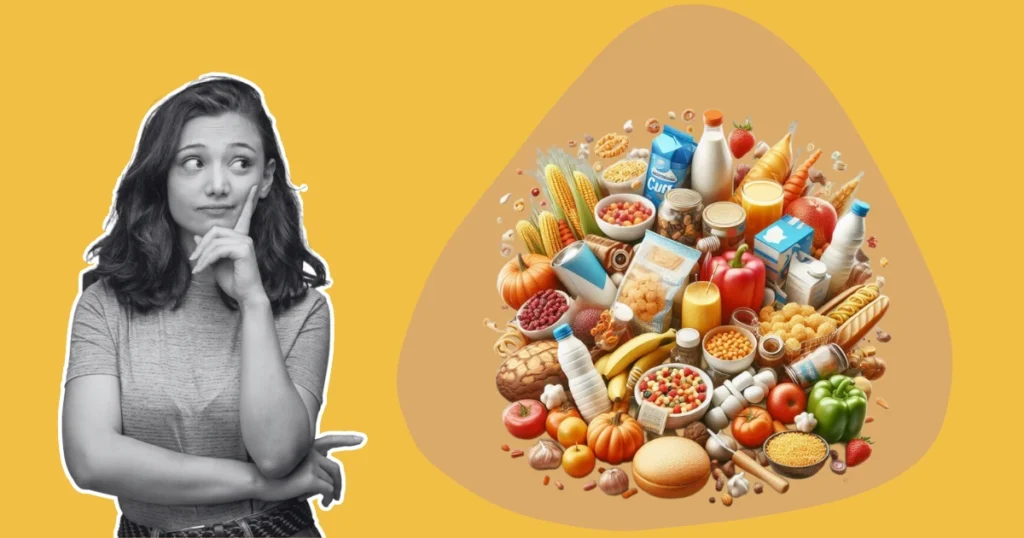
If you are managing diabetes, you might be apprehensive about maintaining a proper diet during periods of social distancing or self-isolation.
To minimize the need for frequent shopping trips, it is prudent to have a stock of non-perishable food items, ensuring you can create healthy meals.
Additionally, many frozen or shelf-stable foods exert minimal influence on blood sugar levels, and it is possible that you already have some of these foods stored in your pantry or freezer.
Best Non-Perishables Foods
Here are 7 highly recommended non-perishable foods for people with diabetes.
1. Chia seeds
Chia seeds, which are small seeds that can be either black or white, contribute positively to digestive health due to their high soluble fiber content. When consumed, they create a gel-like substance in the gastrointestinal tract, which aids in slowing down the digestive process and helps to mitigate sudden increases in blood sugar levels.
Chia seeds also provide a delightful crunch when added to salads and smoothies. Additionally, you can utilize them to prepare chia pudding, a delightful dessert that pairs wonderfully with fresh fruit.
2. Dried or canned chickpeas
Chickpeas are a staple ingredient in many recipes. They do contain carbohydrates; however, they are also high in fiber, protein, and beneficial fats, which help to lessen their overall influence on blood sugar levels. You can use these delicious legumes to create hummus or falafels.
In addition, they offer a substantial meat substitute and can enhance the nutritional profile of soups, salads, and stir-fries.
3. Peanut butter
Peanut butter serves as an economical source of nutritious protein, healthy fats, and dietary fiber while containing minimal carbohydrates. It effectively enhances the satiety of snacks. One can incorporate it into toast or crackers, mix it into smoothies, or utilize it as a dip for fruits such as apples or vegetables like baby carrots.
Additionally, it can be a delightful ingredient in savory recipes, including Thai-style stir-fry. It is advisable to select natural peanut butter varieties that are free from added sugars, as sugary products can adversely impact blood sugar regulation.
4. Protein powder
The majority of protein powders are characterized by their low carbohydrate and added sugar content while delivering substantial amounts of protein. They also offer a quick and convenient solution for those seeking to increase their protein intake.
If you prefer non-dairy options, you may replace whey protein, derived from cow’s milk, with plant-based alternatives like soy or pea protein powder.
Incorporating protein powder into smoothies, protein shakes, and desserts is highly beneficial. When properly sealed and stored in
5. Canned mushrooms
Canned mushrooms, which offer a subtler taste than fresh varieties, provide a significant nutritional enhancement to numerous culinary creations. They are particularly well-liked in soups and stir-fries.
Rich in fiber and low in carbohydrates, mushrooms have a negligible effect on blood sugar levels. Some types, including white button mushrooms, are notable for their ergothioneine content, an amino acid with antioxidant benefits that may support blood sugar control.
6. Quinoa
Quinoa is a nutritious whole grain characterized by its chewy consistency and flavor profile akin to brown rice. Notably, it contains a higher amount of protein and fiber while offering fewer total carbohydrates compared to brown rice, rendering it a suitable option for individuals managing diabetes.
7. Frozen berries
Berries, including raspberries, are comparatively lower in sugar and higher in fiber than other fruits like bananas and apples, which means they have a lesser effect on blood sugar levels.
Furthermore, these berries are abundant in nutrients and antioxidants that enhance health.
You can use them in smoothies, cooking, and baking when frozen, and they can last for up to one year in the freezer. However, you should check them periodically for any freezer burn.
The bottom line
A variety of non-perishable and frozen foods are beneficial to keep available for individuals with diabetes. These foods not only exert a minimal influence on blood sugar levels but also allow for diverse combinations, resulting in tasty meals and snacks.


